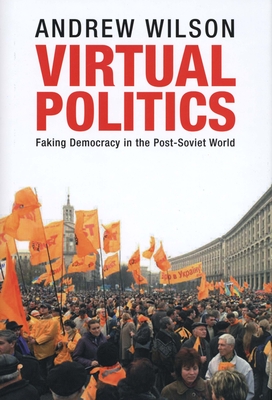Expedite your nonfiction book discovery process with Readara interviews, summaries and recommendations, Broaden your knowledge and gain insights from leading experts and scholars
In-depth, hour-long interviews with notable nonfiction authors, Gain new perspectives and ideas from the writer’s expertise and research, Valuable resource for readers and researchers
Optimize your book discovery process, Four-to eight-page summaries prepared by subject matter experts, Quickly review the book’s central messages and range of content
Books are handpicked covering a wide range of important categories and topics, Selected authors are subject experts, field professionals, or distinguished academics
Our editorial team includes books offering insights, unique views and researched-narratives in categories, Trade shows and book fairs, Book signings and in person author talks,Webinars and online events
Connect with editors and designers,Discover PR & marketing services providers, Source printers and related service providers

Virtual Politics: Faking Democracy in the Post-Soviet World
Political Science > Political Ideologies - Communism, Post-Communism & Socialism
- Yale University Press
- Paperback
- 9780300244199
- 9.21 X 6.14 X 0.79 inches
- 1.19 pounds
- Political Science > Political Ideologies - Communism, Post-Communism & Socialism
- (Single Author) Asian American
- English
Readara.com
Book Description
States such as Russia and Ukraine may not have gone back to totalitarianism or the traditional authoritarian formula of stuffing the ballot box. But a whole industry of 'political technology' has developed instead, with shadowy private firms and government 'fixers' on lucrative contracts dedicated to the black arts of organising electoral success.
This book uncovers the sophisticated techniques of the 'virtual' political system used to legitimise post-Soviet regimes: entire fake parties, phantom political rivals and 'scarecrow' opponents. And it exposes the paramount role of the mass media in projecting these creations and in falsifying the entire political process.
Wilson argues that it is not primarily economic problems that have made it so difficult to develop meaningful democracy in the former Soviet world. Although the West has seen its 'spin doctors', dirty tricks and aggressive ad campaigns, it is the unique post-Bolshevik culture of 'political technology' that is the main obstacle to better governance in the region, to real popular participation in public affairs and to the modernisation of the political economy in the longer term.
Author Bio
Andrew Wilson is a senior policy fellow at the European Council on Foreign Relations. His topics of focus include Ukraine, comparative politics of democratisation in the post-Soviet states, and political technology
Wilson is Professor in Ukrainian Studies at University College London. His book Ukraine Crisis: What the West Needs to Know was published by Yale in October 2014 in the UK and in November in the USA.
He has worked extensively on the comparative politics of the post-Soviet states since 1990. His other books include Belarus: The Last European Dictatorship (2011), The Ukrainians: Unexpected Nation (Third edition, 2009), Ukraine’s Orange Revolution (2005) and Virtual Politics: Faking Democracy in the Post-Soviet World (2005).
Source: European Council on Foreign Relations
Videos
No Videos
Community reviews
No Community reviews

